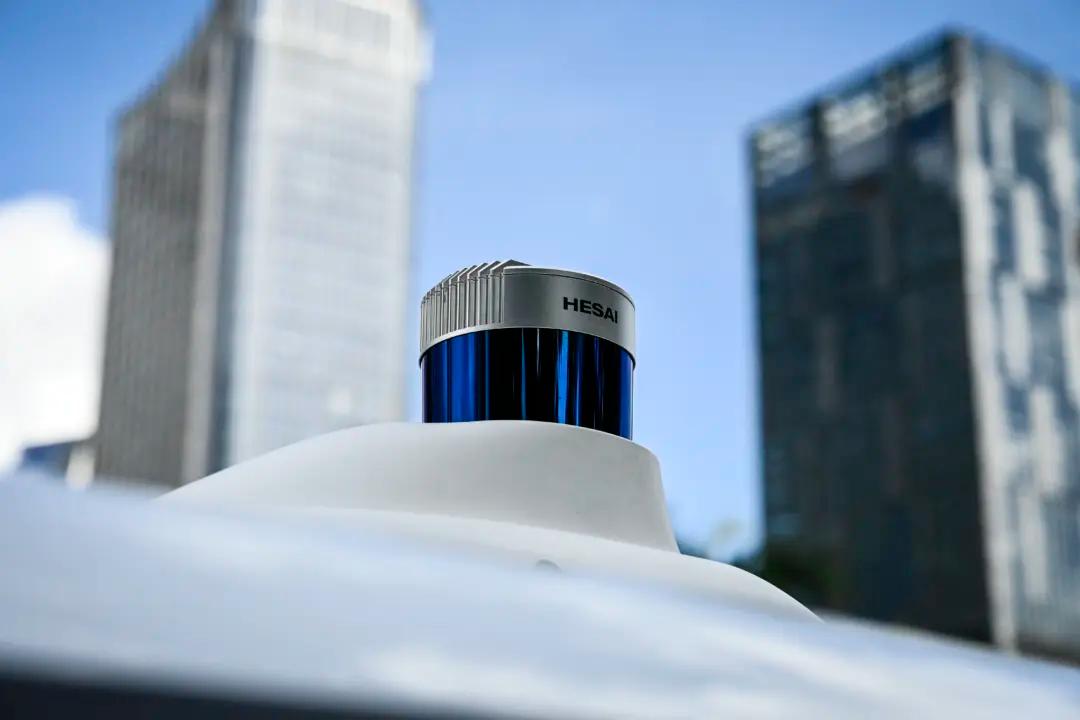The Department of Defense (DOD) has relisted lidar maker Hesai Group as a Chinese military company after previously removing it from a list of companies linked to Beijing’s military.
Hesai, whose customers include robotaxi firms such as General Motors’s Cruise and Amazon’s Zoox, was first added to the DOD’s list in January. In May, the company sued the Pentagon over its inclusion.





